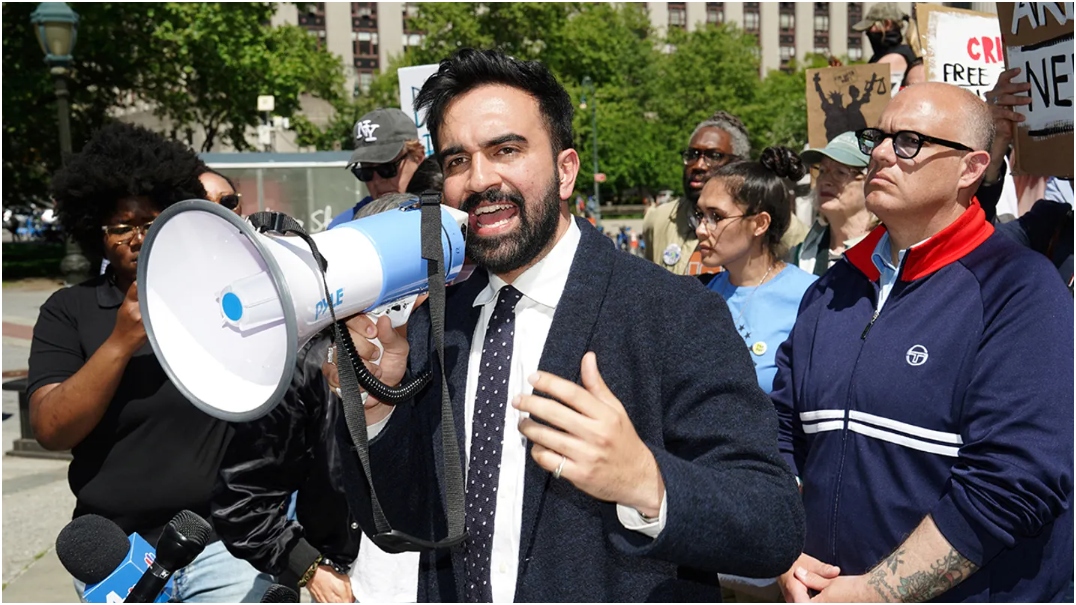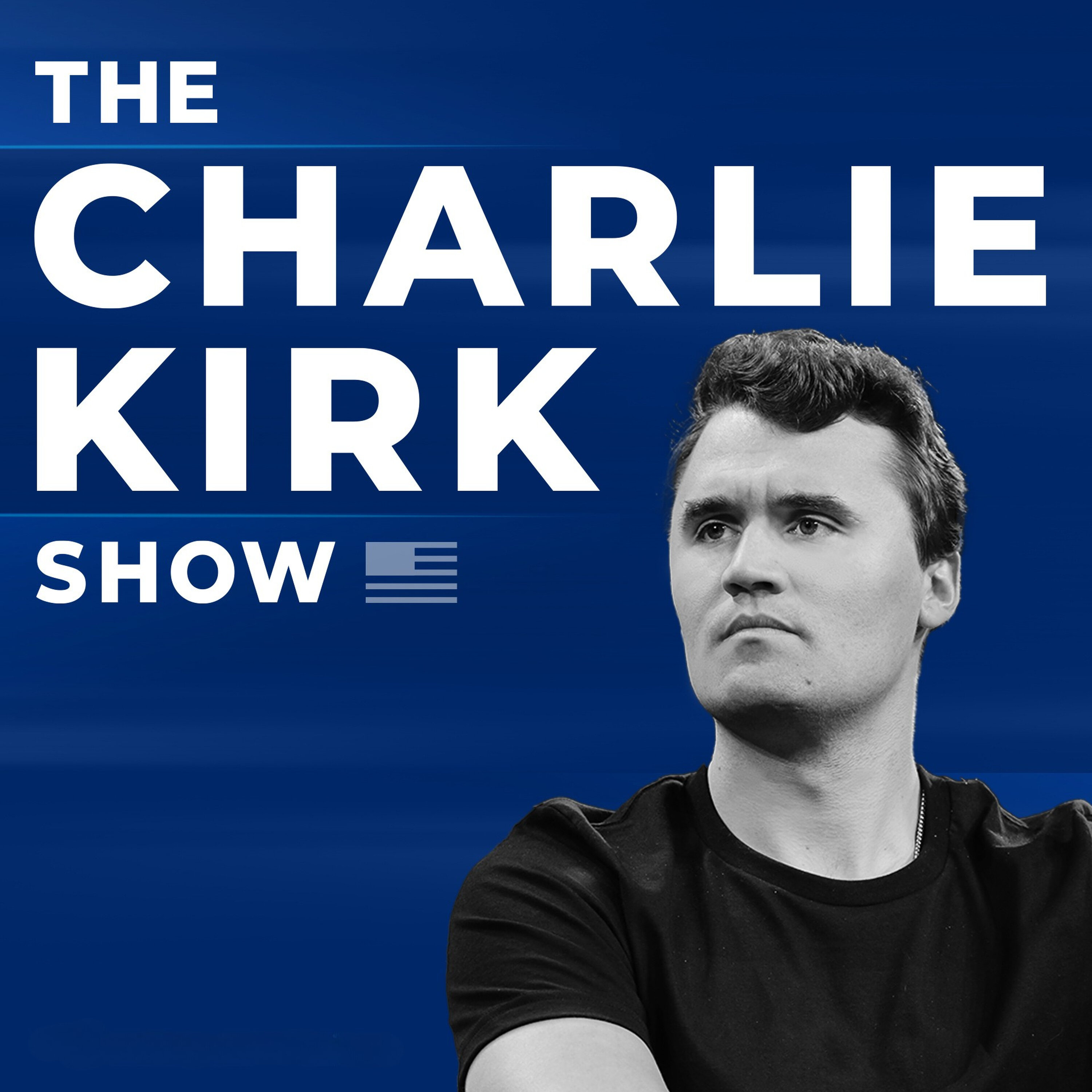Walgreens Will Shut Down 2,000 US Locations Due to Inflation: CEO
Charlie Kirk Staff
07/02/2024

Walgreens plans to close over 2,000 stores in the US as it grapples with inflation and shifting customer spending habits. The pharmacy and convenience store chain aims to revamp its business strategy.
During a Thursday earnings call, Walgreens CEO Tim Wentworth stated, “The current pharmacy model is not sustainable.” He noted that only around 75 percent of the company’s stores account for 100 percent of its adjusted operating income. Consequently, approximately a quarter of its 8,600 stores will face closures over the next few years, which equates to about 2,150 stores, according to CBS News.
“Changes are imminent,” Wentworth said about the impending closures, but added, “There’s not one exact number.” He mentioned that Walgreens will be shutting down underperforming stores, but some locations might see an increase in profitability. Due to high prices and inflation, consumers have become “increasingly selective and price-sensitive in their selections.” About a month ago, Walgreens reduced prices on 1,300 products to stay competitive as the economy showed signs of slowing down, similar to other retailers.
The company does not foresee mass layoffs and believes that employees from the closing locations can be relocated to other stores. “You don’t need to have the number of stores we have today,” Wentworth said. “Reducing capacity is not a bad thing, from a payer standpoint.” He added that the company’s “footprint” will remain the same, albeit with fewer locations.
The pharmacy industry, beyond Walgreens, is also facing challenges in the US market. In October, Rite Aid announced plans to close 154 stores nationwide as part of a bankruptcy filing, driven by declining sales and lawsuits related to opioids.
Since Biden took office, the prices of goods on the Consumer Price Index have risen by about 20 percent on average. The White House has been using the term “Bidenomics” less frequently in recent months, according to USA Today, and the economy remains a top concern for most Americans ahead of the election in November.
 Member
Member


















